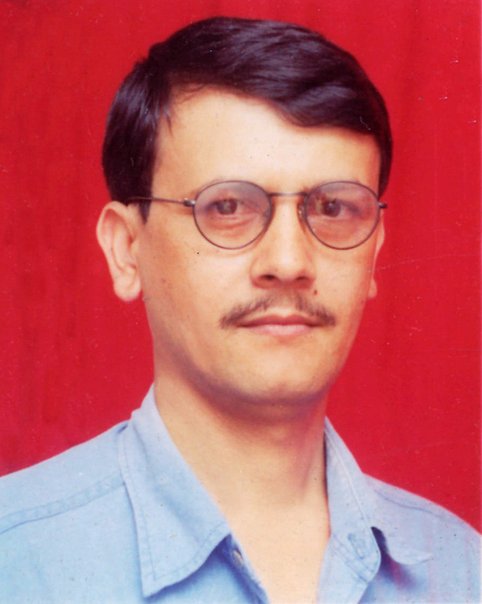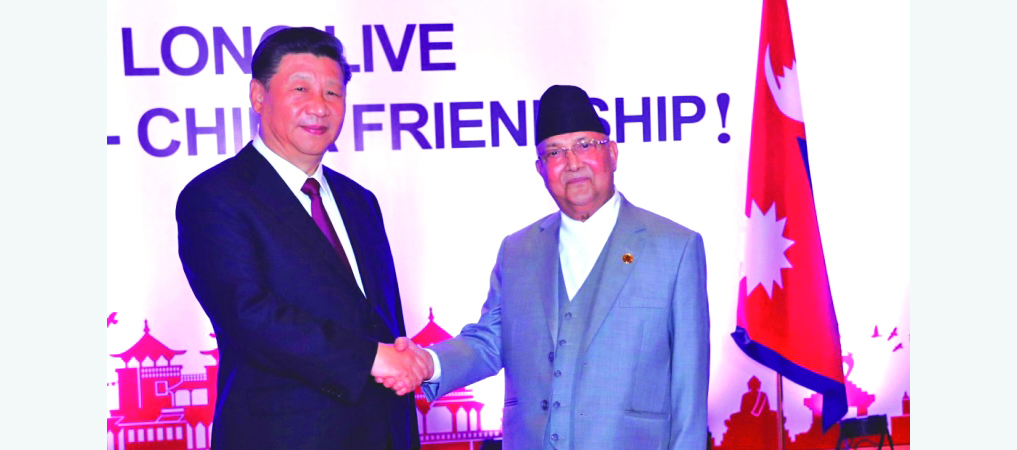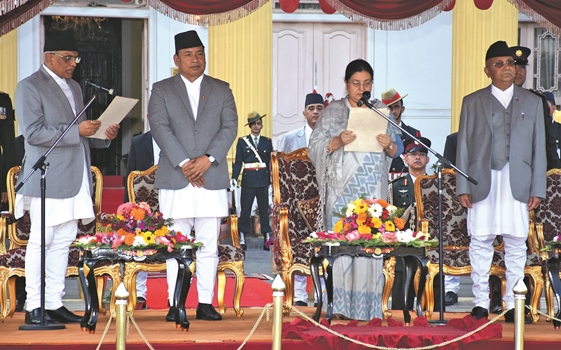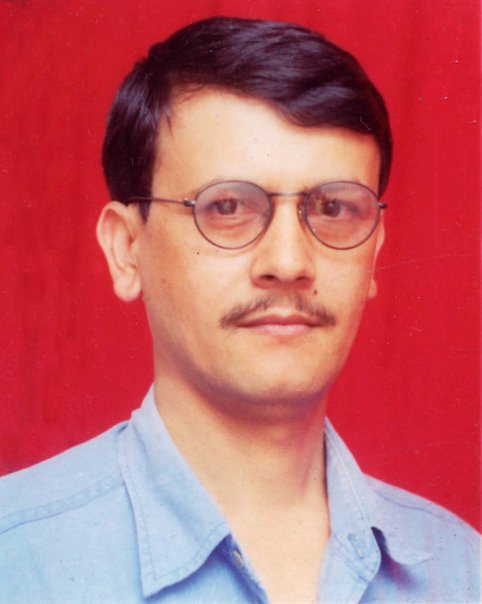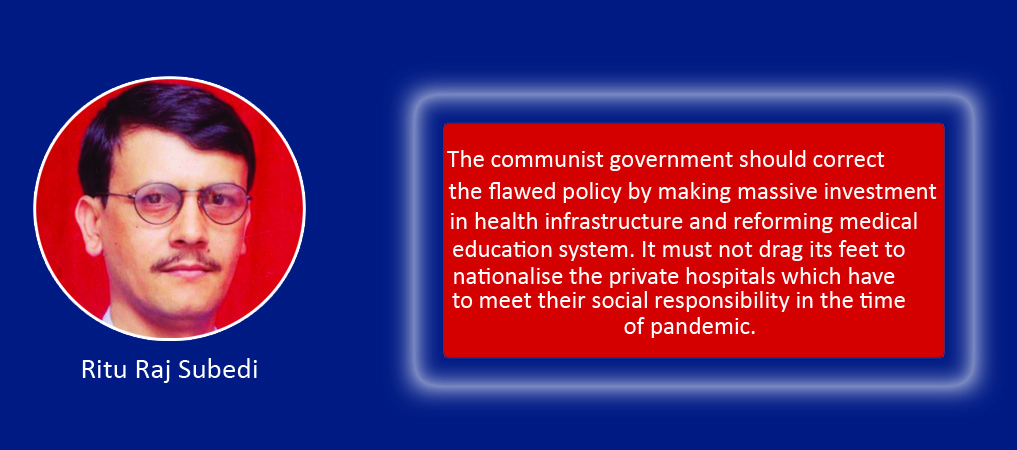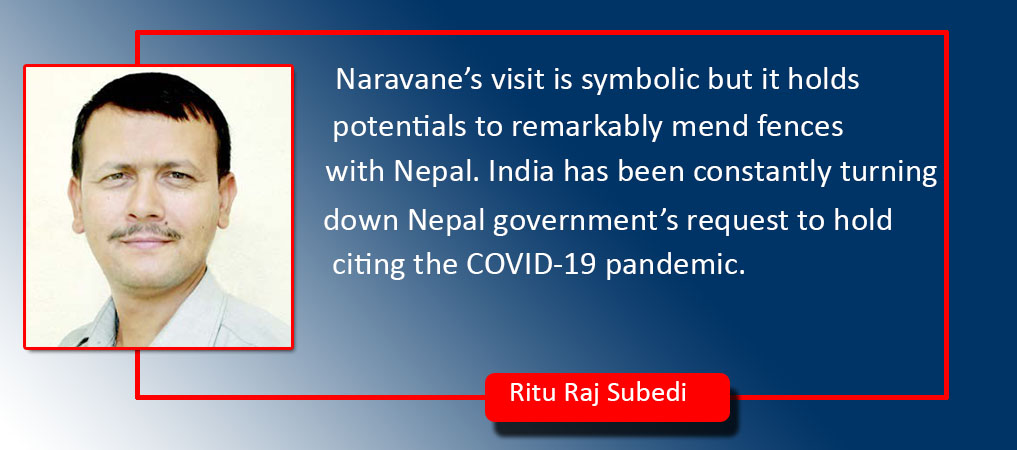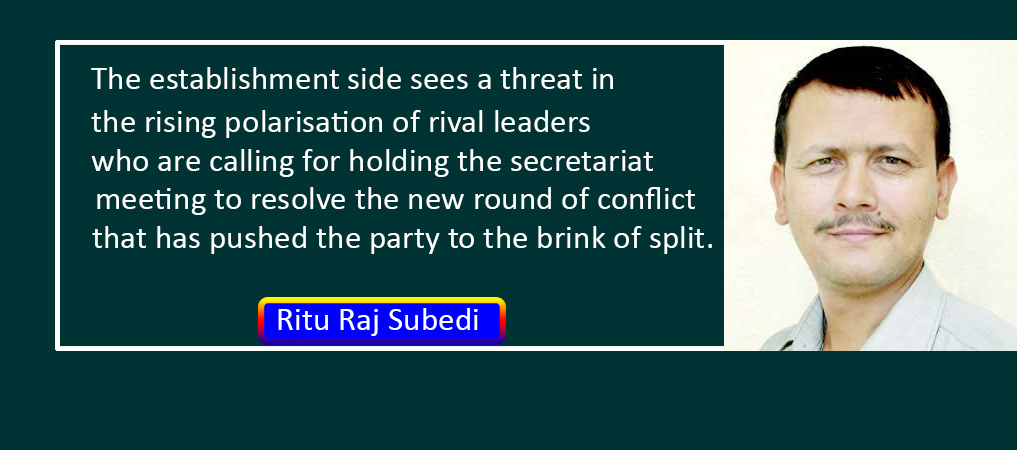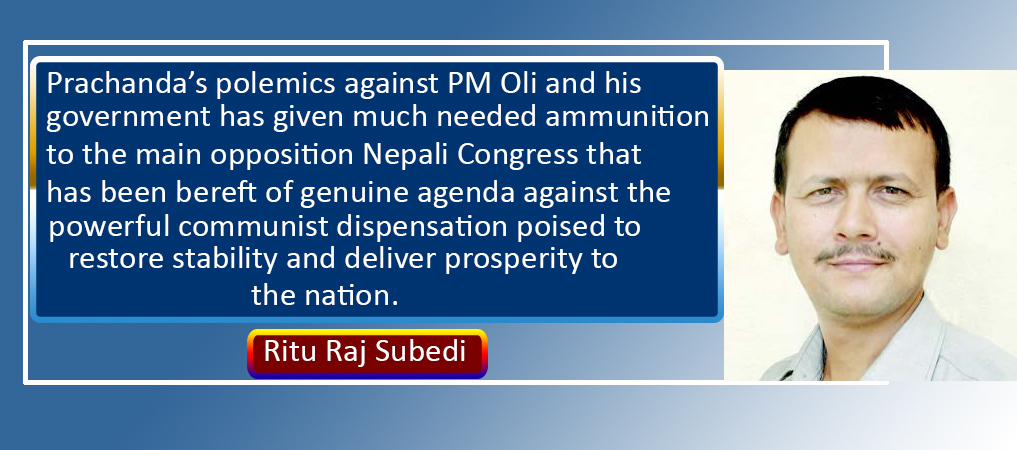A Moment For Reflection
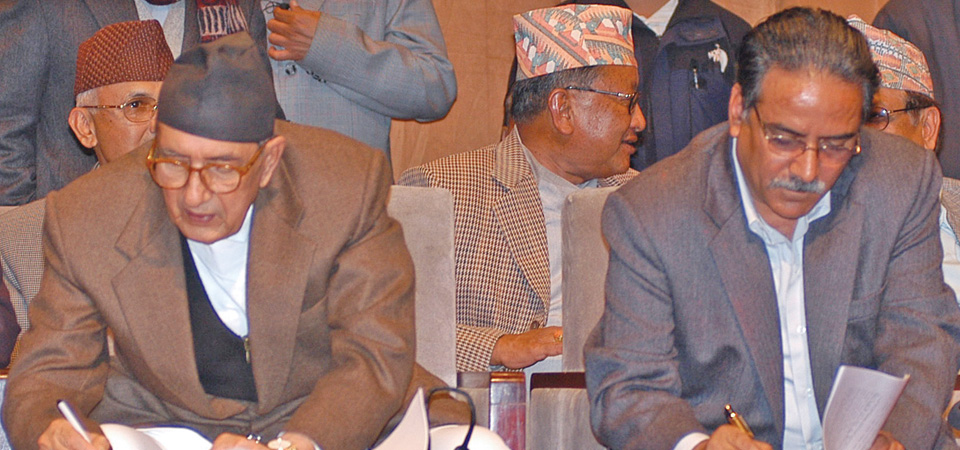
Democracy is now the most fascinating word. Owing to its power, it is on lip of every politician no matter which party or ideology s/he supports. There is widespread assumption that upholding the idea of democracy provides a sense of legitimacy. The sheen and lure of democracy continues to grow despite the fact that political scientists in the West lament that democracy is in deeper crisis in their nations. Their frustration arises from their inclination to link it with power and hegemony that is on the wane. They view democracy is exclusively a Western phenomenon. As the Western society creaks under the weight of its contradiction, it has started to talk about the fragility of democracy while ignoring its own structural problems that have undermined the democratic ethos, values and praxis.
The notion of democracy in the West first appeared in the ancient state of Athens in 5th century. For them, ‘democracy’ stood for ‘rule of people.’ It was the direct form of democracy in which all eligible citizens were the members of legislative assembly while the randomly picked citizens held the posts of the administrative and judicial offices. Women, slaves, foreigners and those below the age of military service were not considered as the eligible citizens. Though the modern sense of citizenship does not correspond to that of Greek state, this democratic experiment was pioneering in human history.
Seed of democracy
For the first time, the Athenian people planted the seed of democracy for its systemic development. The Athenian citizens directly exercised their sovereign right to solve political, social and economic problems. This sort of democracy is still in force in some countries, including Switzerland where the referendums are frequently held to decide the tricky national subjects.
This direct or participatory form of democracy was also in practice in our part of world in the ancient time. Compared to Athenian democracy, Sangha of Gautam Buddha sounds more democratic and inclusive though it was not an administrative unit. It did not discriminate anyone and all sorts of people irrespective of their caste, creed and economic class were allowed becoming the members of Sangha. It indeed offers a template of democratic rule, considering politics as spiritual enterprise for the state should embody the highest form of Dharma that sets the conduct of governance and personal behaviour.
In his ‘Two Treatises of Government’, British political scientist John Locke has posited that the government’s legitimacy largely depends on the consent of the governed. Many of Lock’s political ideas had already been practiced in South Asia in ancient period. During the Licchavi period, the local governance system was instituted with the consent of the ruled. Ram Shah of Gorkha has made justice as the cornerstone of his reign based on the popular consent and notion of Dharma which was inspired by the ancient religious classics. Founder of modern Nepal, Prithvi Narayan Shah, followed consultative approach to take major decisions on military campaign, statecraft and economic well-being of the people.
Democracy bears varied meanings and interpretations but it primarily stands for popular sovereignty and the people’s right to live with peace, dignity, freedom and prosperity. Today representative democracy has been widely practiced. In it, the elected officials exercise power which the people delegate them through the periodic elections. It has many demerits too but its practical flexibility has made it enduring and been embraced by countries with different political systems.
As the oldest nation of South Asia, Nepal boasts of her glorious history, enlightenment tradition and the people’s unshakable patriotism. So is her long and arduous journey for democracy, equality and peace. In 1951, the country witnessed the big political upheaval that ended the 104-year long Rana autocracy. Known as the Sat Salko Kranti, it has served as the ideological inspiration for all subsequent democratic movements. For the first time, the people exercised civil liberties and basic human rights. It started the modernisation process in the country, ending the centuries-old feudal rule. It marked unprecedented rise in people’s political awareness. The political changes of 1990 and 2006 had drawn inspiration from the Sat Salko Kranti.
Aspirations
While the people’s movement in 1990 reinstated the multiparty democracy, the April movement of 2006 paved the way for the establishment of republican system. The new constitution promulgated by the Constituent Assembly converted Nepal into a democratic, federal, secular and republican state. Nepalis have witnessed many dramatic changes but their aspirations for building a just and prosperous society are yet to be fully realised.
There is a challenge for the political parties to bridge the gap between their promise and performance. In order to bolster the federal democratic republican system, it is necessary to overcome contradictions between the constitution’s vision of building a welfare state and freewheeling neoliberal policy. The COVID-19 pandemic has taught that importance of public sector, including health and education. It is a challenge to ensure political stability, revamp economy, boost the morale of judiciary and guarantee the dividends of peace and development among the citizens.
We are observing Democracy Day today. It is a moment to reflect on the importance of historic day that enabled Nepalis to transform themselves into citizens from the raitis (subjects). May the pious day inspire all to commit to the nation-building tasks, thereby attaining the lasting peace, prosperity and happiness.
(The author is Deputy Executive Editor of The Rising Nepal.)
Recent News

Do not make expressions casting dout on election: EC
14 Apr, 2022
CM Bhatta says may New Year 2079 BS inspire positive thinking
14 Apr, 2022
Three new cases, 44 recoveries in 24 hours
14 Apr, 2022
689 climbers of 84 teams so far acquire permits for climbing various peaks this spring season
14 Apr, 2022
How the rising cost of living crisis is impacting Nepal
14 Apr, 2022
US military confirms an interstellar meteor collided with Earth
14 Apr, 2022
Valneva Covid vaccine approved for use in UK
14 Apr, 2022
Chair Prachanda highlights need of unity among Maoist, Communist forces
14 Apr, 2022
Ranbir Kapoor and Alia Bhatt: Bollywood toasts star couple on wedding
14 Apr, 2022
President Bhandari confers decorations (Photo Feature)
14 Apr, 2022
